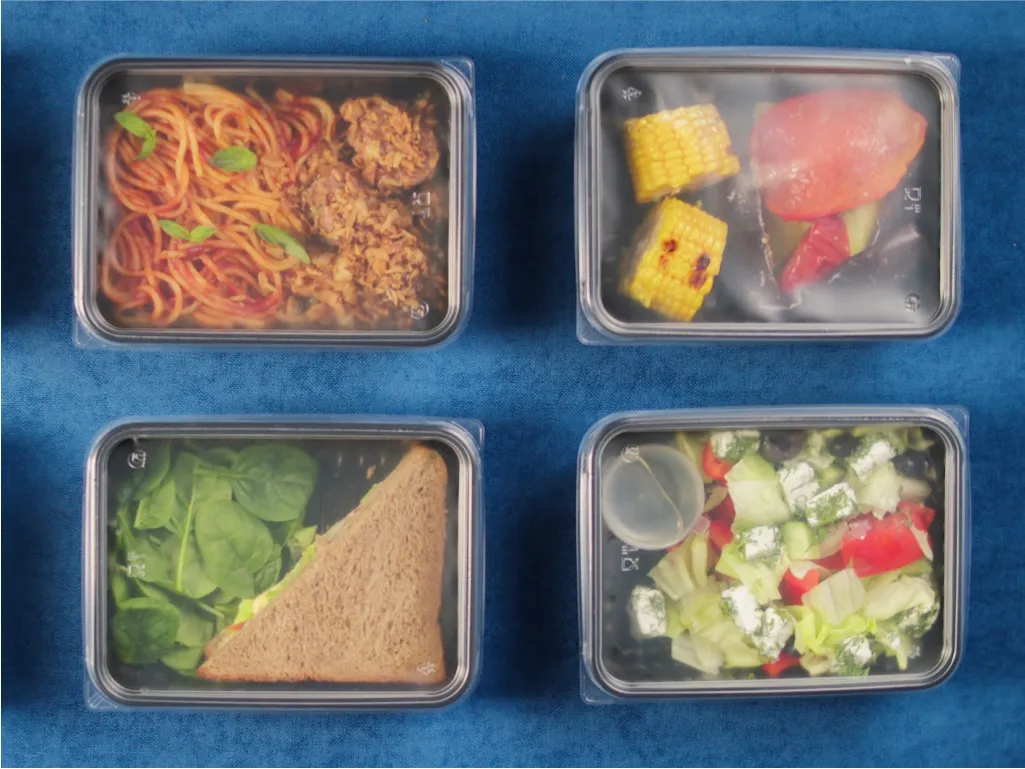
It’s an ongoing joke that people tend to “fail” at completing their New Year’s resolutions. I’ve made resolutions that I failed to keep a few months into the new year and I’m sure you fall into this group as well. Why do people fail though? Is our willpower that weak? Or is it maybe something else?
What is a New Year’s Resolution?
A New Year’s resolution is a tradition where individuals make a personal commitment to a goal or a change in behavior, habit, or lifestyle that they aim to achieve in the coming year. Typically, people use it as a way to signal a fresh start or a new beginning with the turning of the calendar year.
Common types of resolutions include something about health, fitness, personal development, financials, or relationships. Losing weight, doing exercises more regularly, learning something new, saving money, paying off a debt, getting a promotion at work, etc. The problem with many of these goals is that people usually either set them too unrealistically or set goals that have too many external factors that can affect the outcome.
Setting the Right Resolution For Yourself
If you set a resolution that is too unrealistic, you’re just setting yourself up for failure which can cause you to be unmotivated due to the inevitable failure you’ll experience. Your resolutions should be challenging to do, but it must be doable. Not doable in general, it must be specifically doable by you. Additionally, you want the outcome of your resolution to rely more on your own actions instead of the actions of external forces. It would be best if there was no reliance on an external factor, but I get that usually there will be some element of an outside party.
A good way to evaluate the feasibility of your resolution is to run it through these 2 simple questions:
- Am I able to start working towards this goal today?
- Does my goal rely on the decisions or actions of someone else?
If you’re blocked from starting to work towards your goal in the immediate future, then it’s probably not a good resolution to have. You want to have a resolution which you can’t have an excuse for not achieving. This also goes for whether the outcome relies on an external party. Once the outcome is dependent on someone else, it becomes a poor choice as a resolution for yourself since you lose control of the outcome.
Being Successful with Your Resolution
Most feasible resolutions have to do with diet and exercise. Specifically, eating healthier and being more active. Since it’s one of the most common resolutions, it’s also one of the most failed ones as well. One of the biggest factors of failing a diet and exercise New Year’s Resolution is the way that the goal is structured.
Most people try to go cold turkey with their diet or start immediately hitting the gym 3-5x a week, meaning they don’t give themselves any transition period. This does work for some people, but it probably won’t work for the majority. A better, more effective way, is to start small and build up a habit. Your end goal can be ambitious, but you need a realistic plan of action to get there.
If you want to eat healthier by the end of year, start off by eating less of the unhealthy things and build up to eating it occasionally and eventually not at all. A popular method that people use is a “cheat day” which eventually becomes a “cheat meal” over time. Usually they pick a day of the week, typically a day on the weekend, to treat themselves to unhealthy food. This approach might work for a while, but the majority of people fall off as the year progresses. Why?
By picking a specific day, you’re tying yourself down to a small window of time and let’s face it, time doesn’t give a crap about your schedule. With birthdays, special events, holidays, and social gatherings happening on whichever day works best for everyone else, you’re going to feel more tempted to break your diet than if you went with a more flexible approach. That flexible approach is frequency - meaning, you should set your goal of having unhealthy food to “N” number of times a week or month. By doing it like this, you leave yourself the opportunity to plan your diet around your ever-changing lifestyle rather than changing your lifestyle to match the diet. If your diet fits into your lifestyle, you’ll be 10x more likely to follow it.
The same approach works for exercising. Instead of forcing yourself to exercise on certain days of the week, aim to exercise “N” number of times a week. Life will most certainly get in the way, but you’ll be able to plan around it and make time for your workouts if you’re aiming to hit a frequency goal rather than a schedule. Eventually, you’ll form habits around this method and it’ll become less of a burden to accomplish.
Schedules vs Routines, What’s the difference?
Schedules
Schedules are inherently stressful. Don’t get me wrong, the organizational factor helps reduce stress, but things can go downhill fast as soon as something takes longer than expected. Strict schedules are great when it comes to work, event planning, and tours, but they’re pretty bad for your personal life. Do you always do the same exact thing at the same exact time on the same exact day? Maybe if you’re a lunatic like Dr. Sheldon Cooper from the Big Bang Theory TV Show. For the rest of us, we live on a more flexible schedule that relies on cues and adapts to what’s happening around us. Maybe you’ll eat breakfast at 8am today or maybe you’ll eat breakfast at 9am or 5am. Maybe you’ll go to sleep at 10pm, or maybe 9pm, or maybe even 1am. We’re not robots that can drop everything as soon as the clock strikes a specific time, nor should we be. Eat when you’re hungry, sleep when you’re tired, workout when it’s convenient. The important part is that you do the thing you want to do, not that you do it at a specific time.
Routines
Once you get into the groove of doing something regularly, a routine will start to form. A routine is not a schedule. Routines are more flexible and are based more on a sequence of events instead of a schedule of events. After you wake up, you drink coffee/tea. After you workout, you shower. Maybe it starts at 6am, maybe it starts at 10am. It doesn’t really matter because you’re doing the things you want or need to do, without the pressure of following a schedule. Once you form a routine, it eventually becomes a habit. Habits die hard. Habits are how you crush your goals. Forming these habits are how you crush your New Year’s Resolutions.
The Road to Success
If you get anything out of my ramble, it should be these things:
- Set realistic goals for yourself that hardly rely on any external factors
- Focus on frequency instead of time when setting your resolution
- Ditch the schedule and create a routine instead
- Form habits that you’ll stick with because it fits into your lifestyle
- Gaining a series of small wins will make it easier to strive for bigger challenges
You Might Also Like

Double Your Second-Date Chances by Cooking

What Your Stance on Leftovers Says About You

